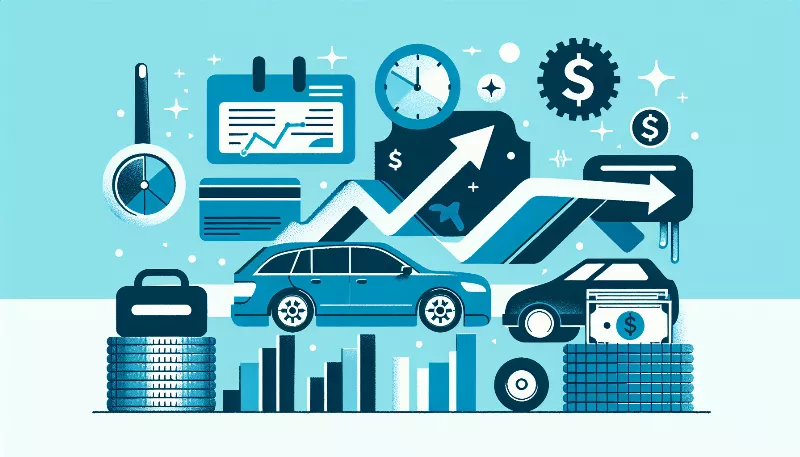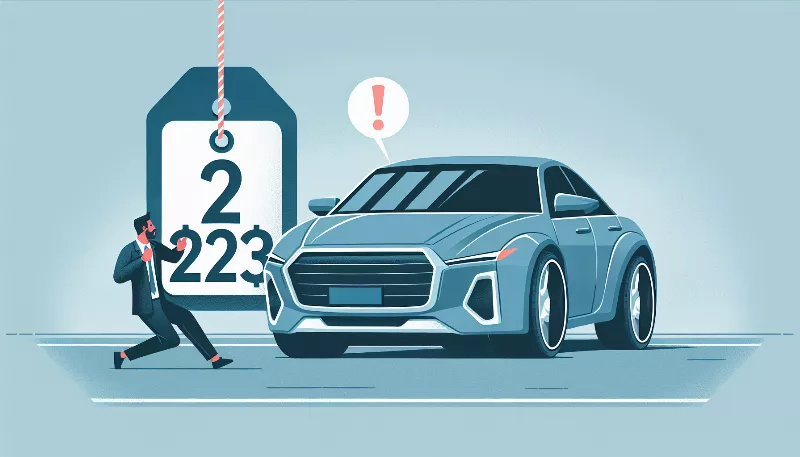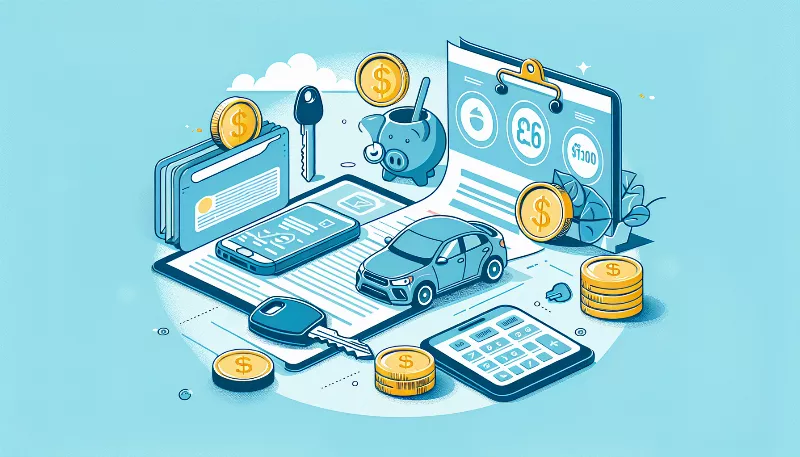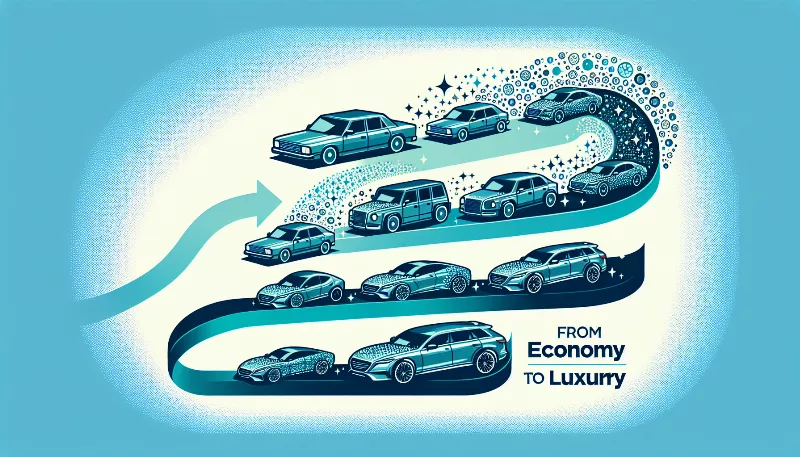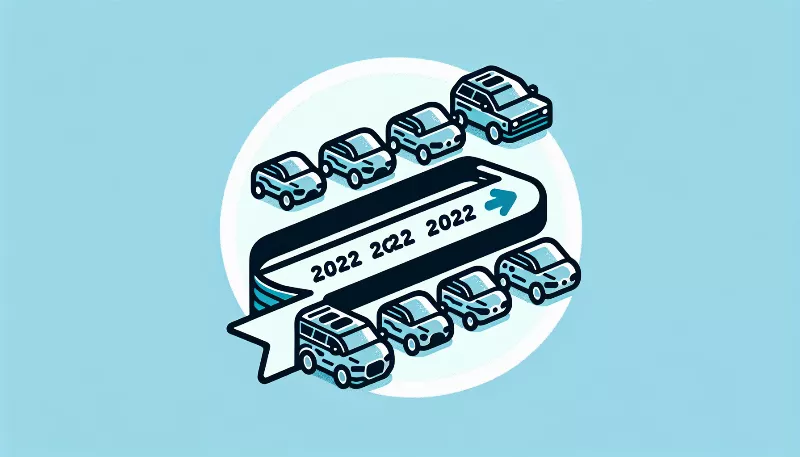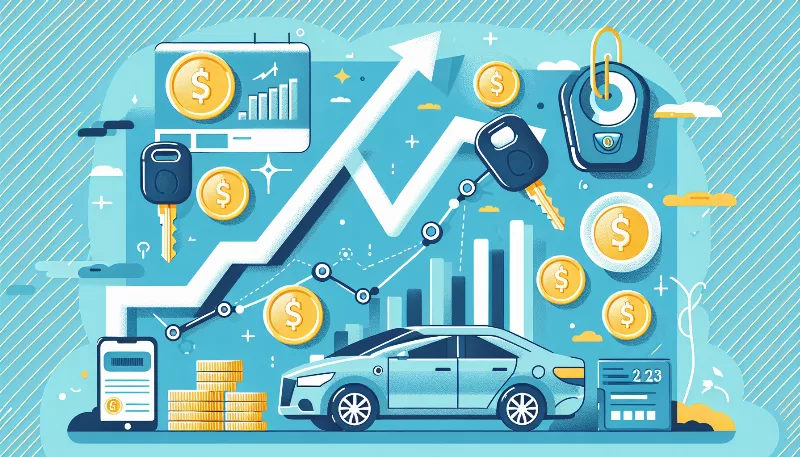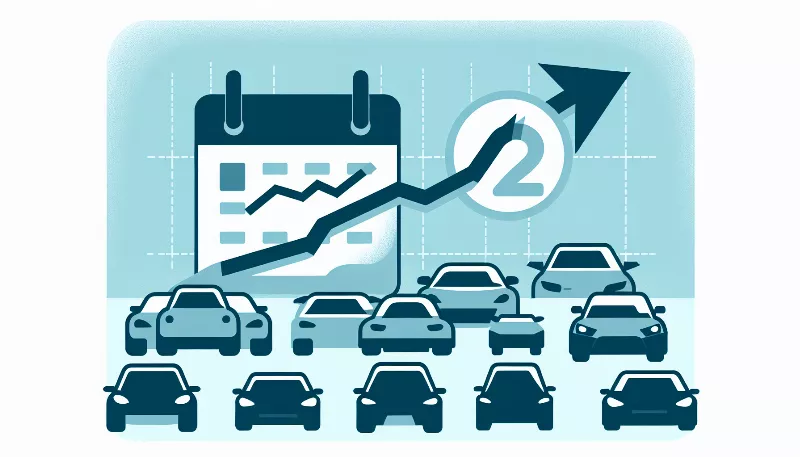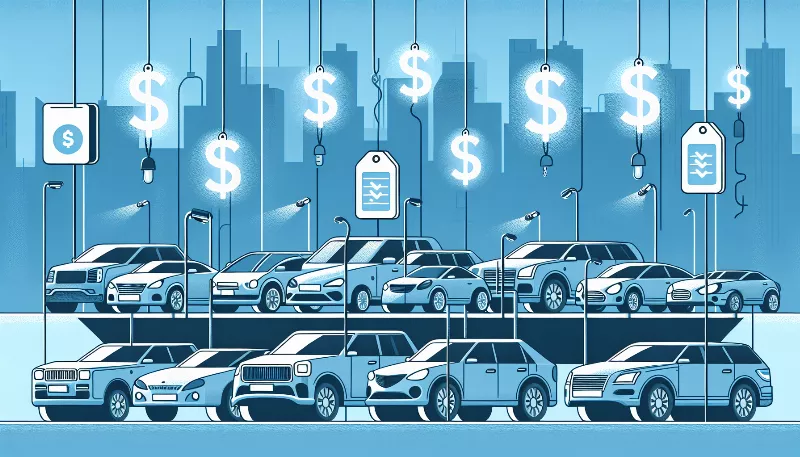What factors most significantly affect used car prices?
Discover key influencers of used car values. From mileage to brand, learn what drives prices & how to gauge a vehicle's worth. Maximize your car-buying savvy!
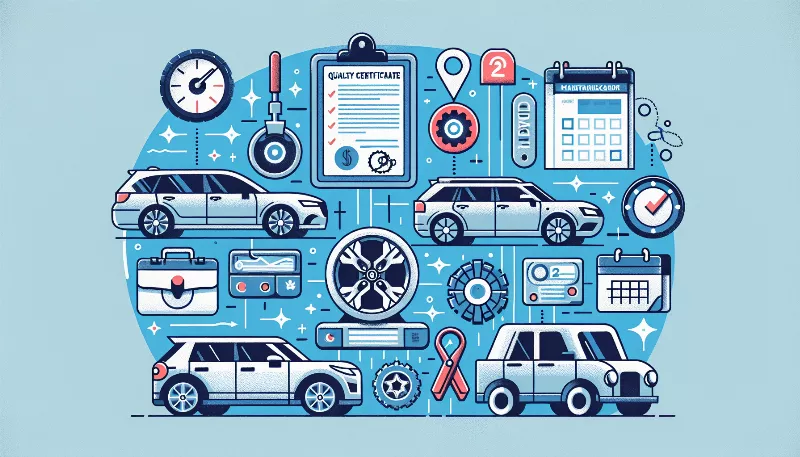
Rev Up Your Knowledge: The Driving Forces Behind Used Car Prices
Are you in the market for a pre-owned vehicle, or perhaps looking to sell your current ride? Understanding the factors that influence used car prices can be the key to making an informed decision and getting the best value. Let's dive into the dynamic world of used car valuation and explore the elements that can cause prices to accelerate or hit the brakes!
Mileage: The Long and Short of It
One of the most significant indicators of a car's lifespan is its mileage. Generally, lower mileage means less wear and tear, which can translate to a higher resale value. Cars with fewer miles on the odometer are often perceived as better maintained and more reliable, making them more attractive to buyers. On the flip side, high-mileage vehicles typically face a steeper depreciation curve, as they may be closer to needing major repairs or replacement parts.
Brand Reputation and Reliability: The Marque of Excellence
Some brands are renowned for their durability and longevity, which can bolster the resale value of their vehicles. Brands with a reputation for reliability often command higher prices in the used car market. Conversely, brands that frequently encounter recalls or have a history of mechanical issues might see their resale values diminish. It's not just about the badge on the grille; it's about the trust and confidence it inspires in potential buyers.
Vehicle Condition: Beyond Skin Deep
The condition of a used car is a critical factor in determining its price. A vehicle that's been well-maintained, both mechanically and aesthetically, will naturally fetch a higher price. This includes a clean interior, a shiny exterior without dents or scratches, and an engine that purrs like a kitten. Regular servicing and a documented maintenance history can also reassure buyers that the car has been cared for properly, potentially driving up its value.
Market Trends: Riding the Economic Waves
The used car market doesn't exist in a vacuum—it's influenced by broader economic trends. Factors such as fuel prices, advancements in automotive technology, and even consumer preferences can sway used car prices. For instance, when gas prices soar, fuel-efficient models may see an uptick in demand, leading to higher resale values. Similarly, if a new model comes out with significant upgrades or a complete redesign, older versions might experience a drop in demand and price.
Supply and Demand: The Classic Economic Tug-of-War
It's Economics 101: the balance between supply and demand is a fundamental determinant of price. In regions where certain types of vehicles are in high demand but low supply, prices can skyrocket. For example, four-wheel-drive trucks and SUVs might command premium prices in areas with harsh winters, while convertibles could be more sought-after in sunnier climates. Seasonal trends can also play a role, with convertibles being more expensive in the summer and all-wheel drives peaking in winter.
Vehicle History: A Story Worth Telling
A car with a checkered past can see its value take a nosedive. A history of accidents, flood damage, or other significant issues can be a red flag for buyers, leading to a lower asking price. On the other hand, a used car with a clean history report is more likely to retain its value. Transparency is key, and a vehicle history report can provide peace of mind for buyers, potentially justifying a higher price tag.
Options and Features: The Bells and Whistles Effect
Today's cars come packed with a plethora of options and features, from advanced safety systems to luxury amenities. High-demand features like navigation systems, leather seats, and advanced driver-assistance technologies can add to a vehicle's resale value. However, overly customized cars with niche or outdated modifications might appeal to a smaller audience, which could negatively impact their resale price.
In conclusion, a multitude of factors come into play when determining the price of a used car. From the practical—like mileage and condition—to the more subjective—like brand reputation and market trends—each element plays a crucial role in the valuation process. Whether you're buying or selling, keeping these factors in mind will help steer you toward a successful and satisfying transaction. So buckle up and enjoy the ride through the exciting landscape of used car pricing!


